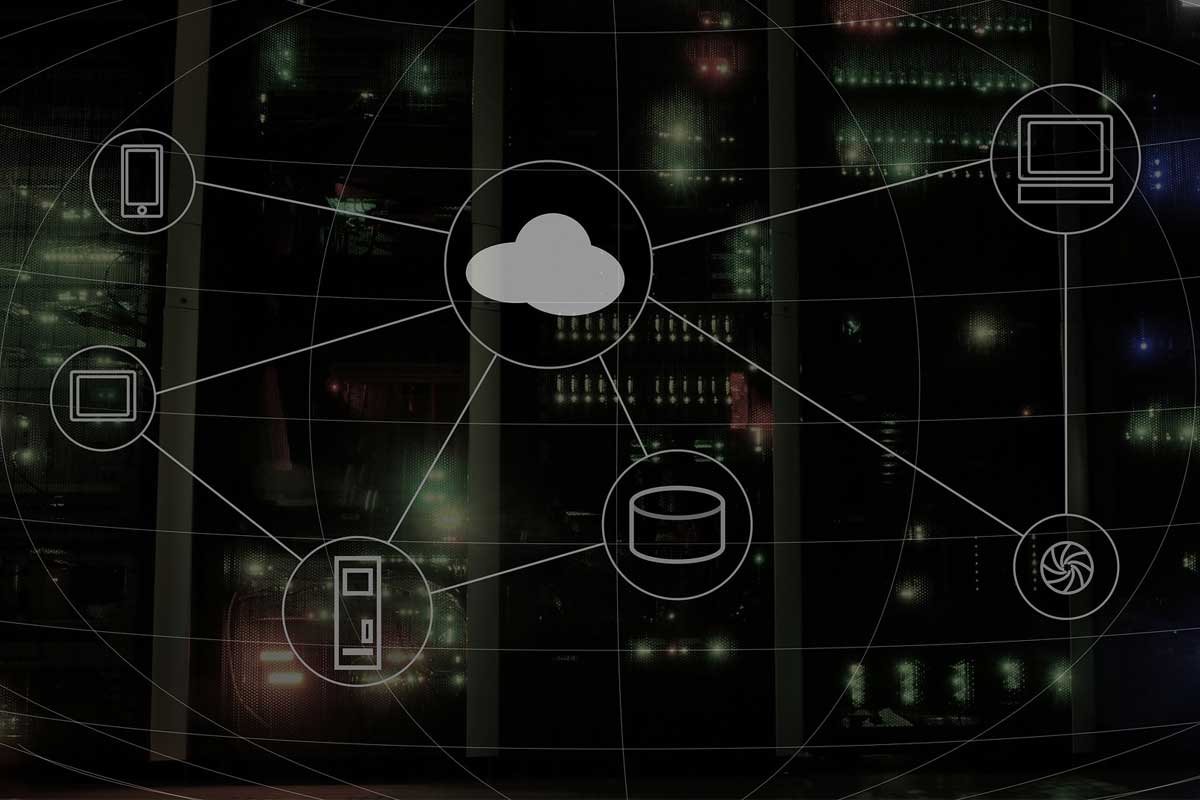A virtual desktop is a computer desktop environment that is completely software-based and runs on a computing device. A virtual desktop infrastructure (VDI) can be used by industries just by creating and operating via any operating system
By now, most people are familiar with cloud computing and its many uses. Cloud computing is when you store your files on the internet and can access them from anywhere you have an internet connection.
Cloud computing is useful for many reasons, but one of the most important is that it allows you to access your files wherever you are. This means you can access your documents while at work, on the go, or at home.
Cloud computing is also useful when you want to share files with coworkers, friends, or family members. You can upload your files to a cloud storage site and send the link to anyone you want. Cloud computing is a great way to share files, but there are many other ways cloud computing can help you. This blog discusses how industries you might not expect are using cloud computing.
These virtual desktops are generally used for business purposes. But not all industries are the same. Some industries require more than one monitor, others need the ability to work in a secure environment, and others still need the ability to access and work on files remotely. Some industries that benefit from virtual desktop infrastructure (VDI) are:
3 Industries That Need Virtual Desktop Infrastructure
Healthcare
The healthcare industry is one of the largest industries in the world, and it’s growing. With a huge market and a large workforce, the healthcare industry is always on the lookout for ways to improve productivity and save money. One of the ways that healthcare professionals can improve their work-life and increase productivity is by using virtual desktops.
Virtual desktops allow professionals to work from any location with an Internet connection, and they allow professionals to access their applications from a personal cloud. Virtual desktops are used in many industries and are quickly growing in popularity.
Education
Schools and Universities have always been the institutions that have pushed the envelope when it comes to teaching their students. These institutions have been leaders in implementing new technologies into their classrooms and labs, and also have been leaders in deploying virtual desktops for their students for training and research. One of the major benefits of virtual desktops is that it allows students and faculty to have the same computing experience no matter which computer they use.
This gives students the freedom to use their computers without fear of damaging the school’s computers or having to find a computer that has the software they need. Virtual desktops also help schools and universities manage the software needs of each student or professor.
By deploying virtual desktops, schools can ensure that all students and faculty members have the software they need without worrying about whether they have the proper licenses. This allows schools to save money on software and focus more on the education of their students.
Accounting and Finance
Virtual desktops are especially beneficial in industries with a lot of data entry. Accounting and finance can benefit from virtual desktops because they are constantly taking in data from various sources. With virtual desktops, it’s easier to organize and sort information. Virtual desktops make it easy to organize everything in a single location. This includes spreadsheets, notes, and documents.


